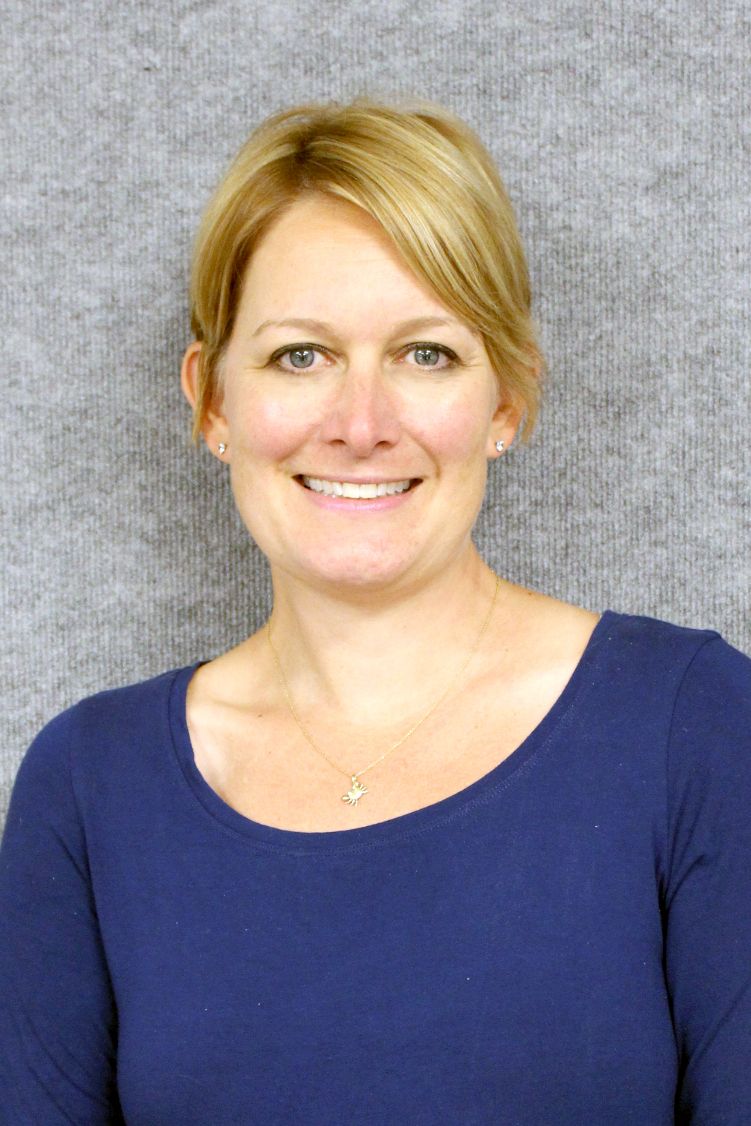
A Q&A with Amy Burd, PhD, LLS Vice President of Research Strategy
Today is AML World Awareness Day, a day to acknowledge the struggle to tackle one of the most challenging blood cancers, while shining a light on advances in the prevention, management and treatment of acute myeloid leukemia (AML).
The Leukemia & Lymphoma Society (LLS) is playing a significant role in the progress of diagnosing and treating AML, a fast moving leukemia that starts in the bone marrow and requires rapid treatment. We’ve learned that AML is actually a multitude of subtypes with different molecular drivers, and the one-size-fits all approach over the past 40 years using the same chemotherapy combination for everyone doesn’t work for many.
LLS is innovating with our Beat AML Master Clinical Trial, launched in 2016. We set out to revolutionize how we treat patients with AML with a precision medicine trial, using genomic technology to detect mutations causing newly diagnosed patients’ cancer so we can match them to a novel targeted treatment better suited to their disease.
Amy Burd, Ph.D., LLS’s vice president of research strategy, and lead of the Beat AML initiative, provides some updates on the program, now in its fourth year.
Q. What makes the Beat AML Master Clinical Trial unique?
AB: It’s the first cancer clinical trial led by a nonprofit organization. The Leukemia & Lymphoma Society is the sponsor of the trial, and we’ve convened a significant collaboration of 11 pharmaceutical companies, 16 major academic cancer centers, leading hematologists and multiple other companies providing genomics and technology services. We worked closely with the U.S. Food and Drug Administration to design the master protocol for this trial and they are very excited by our model.
Most clinical trials in AML test only one agent at a time, but Beat AML is designed to speed up the process of finding better treatments for AML patients, testing multiple targeted therapies simultaneously. This gives patients the opportunity to get matched to a treatment best suited to their subtype of the disease.
Further, this trial is only open to newly diagnosed, untreated patients. Most AML clinical trials are for patients who have already relapsed or failed to respond to previous treatment.
We are using next-generation genomic technology to learn the patient’s subtype within seven days, which is very rapid turnaround time to have this level of information, and it enables us to make treatment decisions that gives the patients a chance for a better outcome.
Q. What’s the most exciting outcome of the trial to date?
AB. The trial has been an overwhelming success since its launch in 2016.
To date, we’ve screened more than 900 patients, many of whom have gone on to treatment in one of the sub-studies of the trial.
We presented compelling data in December at The American Society of Hematology (ASH) Annual meeting and the key takeaway is that patients on the trial generally do better than patients who opt for standard chemotherapy.
We have demonstrated that a precision medicine approach to assign treatment within seven days is feasible and safe. Patients who elected the assigned treatment had a lower early death rate and superior overall survival compared to patients who elected standard of care. The data suggest that this umbrella approach has the potential to improve both short- and long-term outcomes in AML, and sets the stage for a precision medicine approach in other blood cancers.
Q. What’s new about the trial?
AB. We designed a trial model that is very nimble, so we can quickly close study arms that aren’t working and open new arms. The trial is constantly evolving. We recently welcomed three new companies into the collaboration: AstraZeneca, Tolero Pharmaceuticals, and Aptevo, giving our patients more options for treatment. These companies join Alexion; Boehringer Ingelheim; Celgene, now Bristol Myers Squibb; Gilead Sciences; Takeda; Astellas and Agios. Discussions with other companies are ongoing.
And we’re starting to open some novel/novel combination trials, which is really exciting. This means we’ll be testing investigational therapies in combination. AML is a complex disease, and most patients have more than one mutation driving their cancer, so combination therapies are likely to produce better outcomes.
Q. How has the COVID-19 pandemic impacted the trial?
AB. As many labs and clinical trials have been forced to halt their operations, The Beat AML Master Trial has put a hold on enrolling new patients for now. We hope to resume in May but we will continue to evaluate the situation. We’re handling this one month at a time.
Patients who already are enrolled in the trial continue to receive treatment. We have an individual plan for all of the active patients on the study. Where we can we are mitigating the need to come to the clinical site. Our patients need to be safe and stay home as much as possible. We are working hard to make that happen.
Fortunately, we developed an innovative clinical trial model using technologies that allows us to continue most of the normal functions of managing a trial, such as data sharing and monitoring, even during the interruption caused by the coronavirus pandemic.
Q. What does the future hold for Beat AML?
AB. We hope to have more good news to report later this year, with possible publications in scientific journals and maybe even a drug approval.
